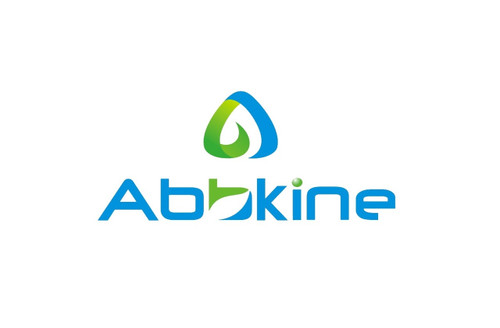Product Description
Mouse Vinculin (VCL) ELISA Kit | AE11772MO | Abebio
Species Reactivity: Mouse (Mus musculus)
Abbreviation: VCL
Alternative Name: RP11-178G16.3; CMD1W; MVCL; metavinculin
Application: ELISA
Range: 0.312-20 ng/mL
Sensitivity: 0.128 ng/mL
Intra-Assay: ≤6.7%
Inter-Assay: ≤8.9%
Recovery: 1, 05
Sample Type: Serum, Plasma, Other biological fluids
Detection Method: Sandwich
Analysis Method : Quantitive
Test Principale: This assay employs a two-site sandwich ELISA to quantitate VCL in samples. An antibody specific for VCL has been pre-coated onto a microplate. Standards and samples are pipetted into the wells and anyVCL present is bound by the immobilized antibody. After removing any unbound substances, a biotin-conjugated antibody specific for VCL is added to the wells. After washing, Streptavidin conjugated Horseradish Peroxidase (HRP) is added to the wells. Following a wash to remove any unbound avidin-enzyme reagent, a substrate solution is added to the wells and color develops in proportion to the amount of VCL bound in the initial step. The color development is stopped and the intensity of the color is measured.
Product Overview: In mammalian cells, vinculin is a membrane-cytoskeletal protein in focal adhesion plaques that is involved in linkage of integrin adhesion molecules to the actin cytoskeleton. Its sequence is 20-30% homologous to α-catenin, which serves a similar function. Vinculin is a 117 kDa cytoskeletal protein with 1066 amino acids. The protein contains an acidic N-terminal domain and a basic C-terminal domain separated by a proline-rich middle segment. Vinculin consists of a globular head domain that contains binding sites for talin and α-actinin as well as a tyrosine phosphorylation site, while the tail region contains binding sites for F-actin, paxillin and lipids.
Stability: The stability of ELISA kit is determined by the loss rate of activity. The loss rate of this kit is less than 5% within the expiration date under appropriate storage condition. The loss rate was determined by accelerated thermal degradation test. Keep the kit at 37°C for 4 and 7 days, and compare O.D.values of the kit kept at 37°C with that of at recommended temperature. (referring from China Biological Products Standard, which was calculated by the Arrhenius equation. For ELISA kit, 4 days storage at 37°C can be considered as 6 months at 2 - 8°C, which means 7 days at 37°C equaling 12 months at 2 - 8°C) .
 Euro
Euro
 USD
USD
 British Pound
British Pound
 NULL
NULL












